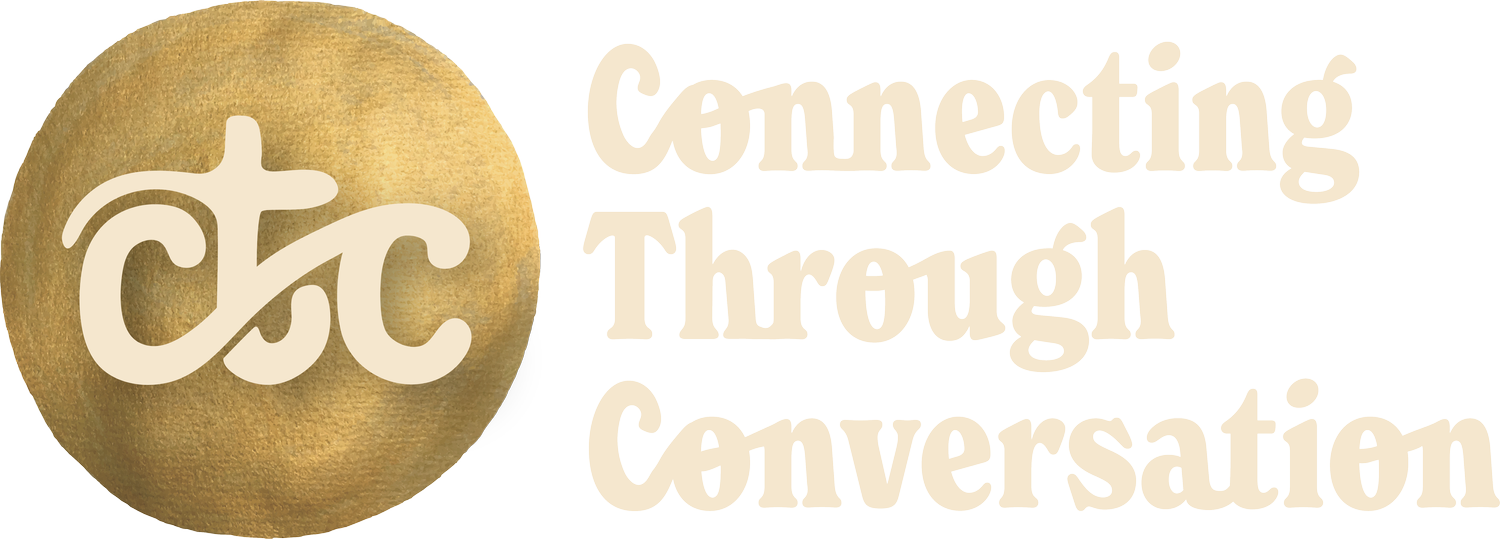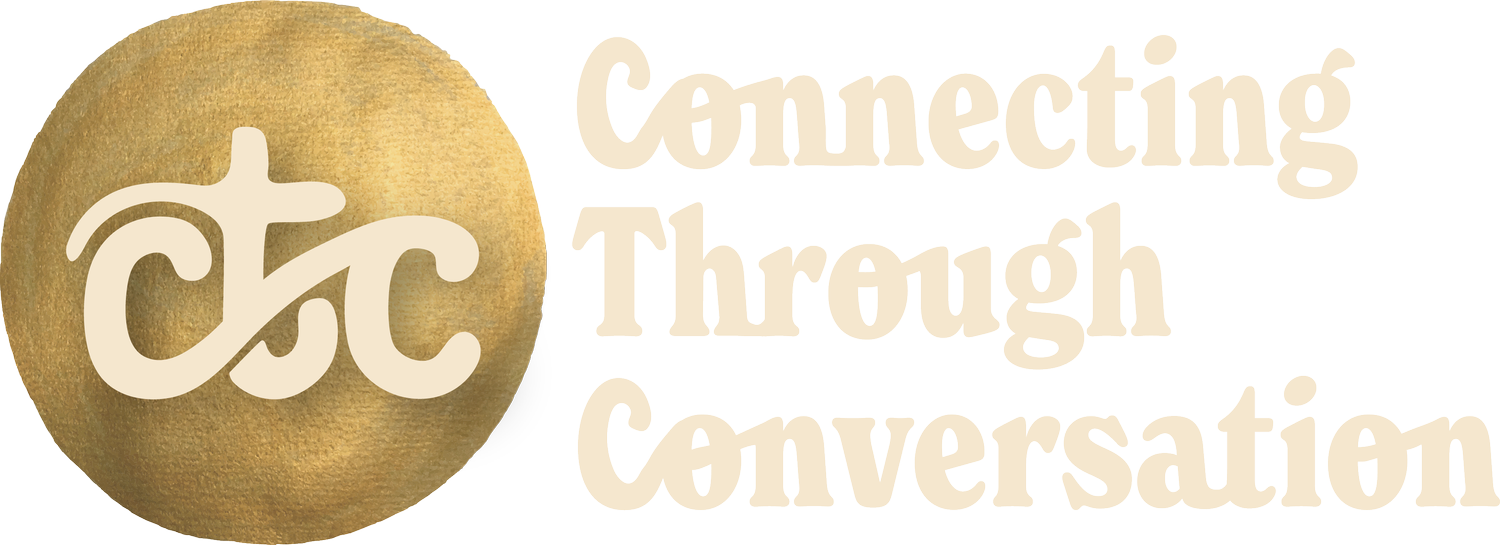How To Care Out Loud
As we begin this new school year with a fresh group of students, the first order of business for Connected Communicators is to begin to build Connected Relationships for Learning. Connected Communicators understand that in order for kids to learn from us, they first have to know we care about them. You might be thinking, “Of course we care. Why else would we do this challenging work?” Although as educators we know this, students often don’t. So, it is our job to intentionally and explicitly show and tell students how much we care about them.
This “caring out loud” should occur early, often, and out loud. In our book, Connecting Through Conversation: A Playbook for Talking with Students, we offer several sentence stems for caring out loud. Here are just a few:
I care about you.
You are awesome!
I’m so glad you are here.
Try using these phrases when talking with students. The more kids hear these statements, the more they begin to internalize them. Look for additional Sentence Stems for Connected Communicators resource here.
As much as we need to explicitly state that we care, we must also show that we care. We love incorporating getting-to-know-you activities with students at the beginning of the year. One of our favorite ways to do this is through writing or interviewing. These prompts can help an educator learn a lot in a small amount of time:
What is something you would like me to know about you?
Tell me about the people you live with.
What helps you learn best?
What are you good at? What is hard for you?
Take what students share with you and use that as underpinnings for both conversations and instruction. When students see themselves woven into the fabric of their education, they understand they are cared for.
Caring out loud is especially important when students make an unexpected choice. In these situations, we often begin conversations with our Care Out Loud Behavioral Approach, or COLBA. We typically start a conversation with, “I know you are a good kid. Even really good kids make mistakes sometimes.” For older kids this might look like, “I know you are a student with a lot of integrity. Even students with a lot of integrity make mistakes sometimes. When we make a mistake, the most important thing we can do is take accountability and take steps to make it right.”
This approach does a few things. It lets kids know that we care about them. It normalizes mistakes. It moves the situation forward so that students are able to take steps to make it right. When we use this strategy, we reinforce one of the foundational tenets here at CTC: A student’s behavior is what they did, not who they are. Once our students know how much we care, we are well on our way to building a culture of connection in our schools and classrooms.

